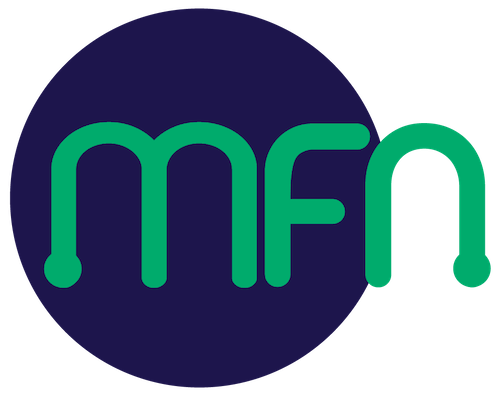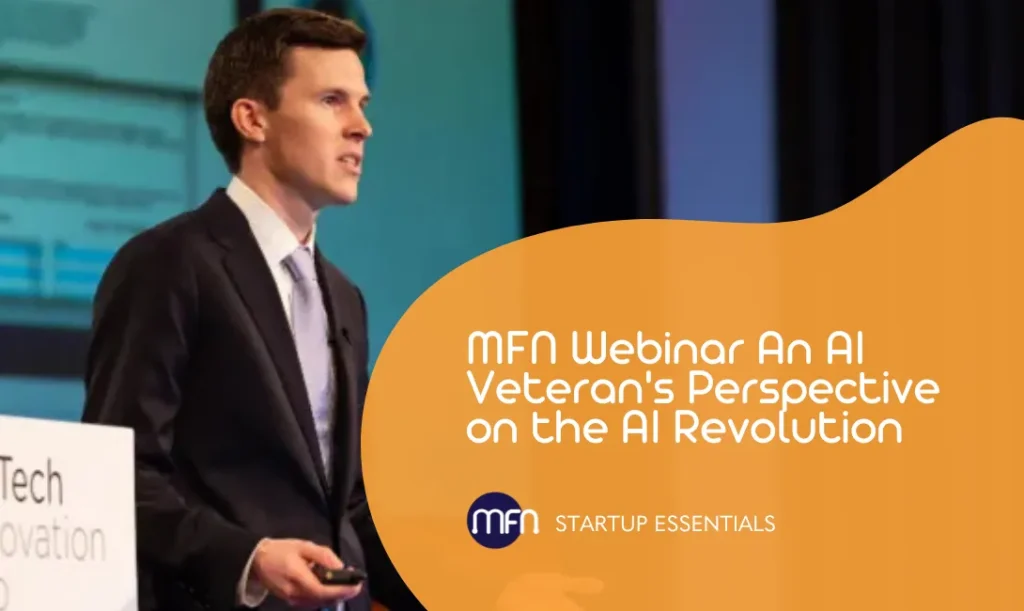
Jason Briggs has probably been paying attention to developments in AI longer than you have.
He co-founded Meta Search in 2014, shortly after graduating from college, after watching his mom try, and fail, to find files on her computer. After acquiring thousands of users, his company merged with Diffeo, which was developing an AI-powered research assistant. Diffeo was acquired by Salesforce in 2019, and Jason now leads product for the integrated Diffeo team (now named Einstein Relationship Insights for Salesforce). “It’s an AI-powered research assistant that searches ahead of users to find information before they know they need it,” he said.
Jason shared some of his insights as a longtime AI guy–including what to expect in the future and how to be ready.
Tell us about Einstein Relationship Insights and how you’re looking at AI in your work.
It’s an AI-powered research assistant that looks through CRM (customer relationship management) data and helps with relationship-building. It helps unlock new relationships and connections, which helps companies serve their customers better and get to know them a little more.
There is a big push to include generative AI in all our products–and to bring all our larger AI initiatives together under one umbrella.
What is your impression of the recent rise of AI? Everyone is talking about it now, whereas even a year or two ago, it wasn’t a big topic.
It’s a categorical shift. In the past, we were grasping at some version of AI that was potentially useful in certain circumstances and had to be trained really hard to solve a specific problem. Generative AI like ChatGPT is so much more generalizable than what we had been building in the past. It’s impressive and will speed up the development of almost everything. The use cases haven’t even really caught up—there are so many things that are possible that we’re not even able to take advantage of yet.
Since we’re connected to so many different industries at Salesforce, it’s really exciting to be able to brainstorm hundreds of use cases for AI for each of the industries we serve, and think about what more will be possible in six months or a year.
What is different about generative AI and other new AI tools?
Because it’s conversational, it’s applicable to anyone who engages with knowledge in their daily workflow. In the past, there was a struggle to make AI user experiences accessible. This technology now has the potential to reach a broader audience than ever before.
Before, developers would have to anticipate and hard-code potential questions a user might pose. Much of what was labeled as “smart search” was merely crude heuristics operating behind the scenes. However, the technology has become more generalized now.
The potential of enterprise software applications remains largely untapped. Many are wary of it, even though its power is recognized.
Another significant point is that the technology hasn’t been connected to the right data sources. While you can input sample data super easily, it hasn’t yet been deeply integrated with enterprise data. However, with customers now deploying trusted LLMs (Large Language Models)s within their infrastructure, they have the ability to safely and securely connect to their data in ways that weren’t possible before.
What’s an example of that?
Salesforce is working very hard to make enterprise data integration seamless. Enterprise data is already stored in Salesforce, so the goal is to enable customers to connect their data to any LLM provider of their choice in a safe and secure way, thereby building trust. This addresses safety concerns and lets customers use this new technology on their own valuable information.
When it comes to analyzing trends in historical sales data, the traditional method involves a data scientist and some intuition about the desired outcomes. With the new approach, however, there’s the flexibility to experiment.
Also, have you ever had a hard time talking to a support chatbot on a website? Previously, customers often faced frustrating support experiences characterized by limited product knowledge and a robotic response sequence. It felt as if you had to start from scratch every single time. That has evolved–it can resolve customer issues effectively and enhance a brand’s image at the same time, or smoothly transition into a soft sales pitch or educational dialogue, giving an opportunity for a customer to further interact.
Are you using any AI tools in your work right now?
I haven’t integrated many AI tools into my day-to-day workflow. I’m in a leadership and advisory role to many different teams, so my work still centers around context-specific human interactions. I use ChatGPT primarily for quickly getting up to speed on a new topic–what can you tell me about this esoteric concept I don’t know about?
How can companies or entrepreneurs prepare themselves as AI shifts further into our daily lives?
If you’re building a company, build it for a future where most of the day-to-day sales activities are probably going to be automated. You want your team to be more focused on strategic-level decisions instead of the tactical stuff. You want to think about it this way: How do you streamline future operations and significantly cut costs by preparing for the idea of autonomous sales and service agents?




